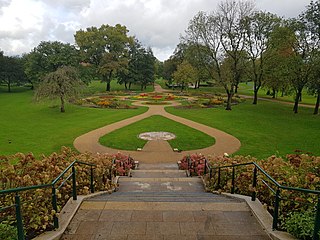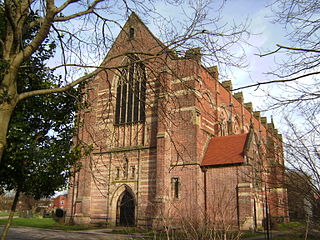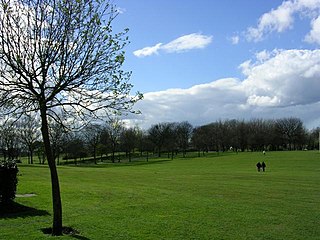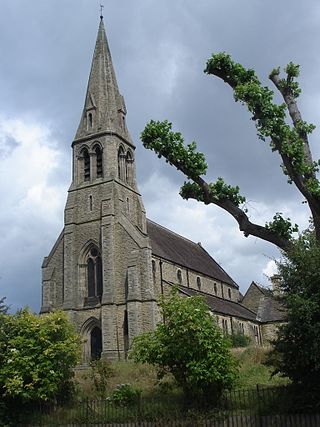6 Sights in Salford, United Kingdom (with Map and Images)
Legend
Welcome to your journey through the most beautiful sights in Salford, United Kingdom! Whether you want to discover the city's historical treasures or experience its modern highlights, you'll find everything your heart desires here. Be inspired by our selection and plan your unforgettable adventure in Salford. Dive into the diversity of this fascinating city and discover everything it has to offer.
Sightseeing Tours in Salford1. Peel Park
Peel Park is a public urban park in Salford, Greater Manchester, England, located on the flood plain of the River Irwell below Salford Crescent and adjacent to the University of Salford. It was the first of three public parks to be opened on 22 August 1846, for the people of Manchester and Salford, paid for by public subscription. The park was the main public venue for the 1851 royal visit of Queen Victoria to Manchester and Salford and has been the subject of a number of paintings by the Salford artist, L.S. Lowry.
2. St. Augustine's Church
St. Augustine's Church is an active Anglican church in Pendlebury, Greater Manchester, England. Dedicated to St Augustine, it is part of the benefice of Swinton and Pendlebury along with St Peter's Church in Swinton and All Saints' Church in Wardley. The church is in the Eccles deanery, the archdeaconry of Salford and the diocese of Manchester. The church was granted Grade II* listed status in 1966 but has since been upgraded to Grade I.
3. St Philip's Church

St Philip's Church is an Anglican parish church in the diocese of Manchester, in the deanery and archdeaconry of Salford. The church was renamed in 2016 as Saint Philip's Chapel Street. It is located at Wilton Place, off Chapel Street in Salford, Greater Manchester, England.
4. Salford Museum and Art Gallery
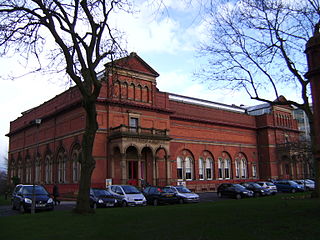
Salford Museum and Art Gallery, in Peel Park, Salford, Greater Manchester, opened to the public in November 1850 as the Royal Museum and Public Library. The gallery and museum are devoted to the history of Salford and Victorian art and architecture.
5. Buile Hill Park
Buile Hill Park is a Grade II listed public park in Salford, Greater Manchester, England. Covering 35 hectares it is the largest public park in the city, as well as the second oldest after Peel Park. The park and mansion are owned by Salford City Council. The Friends of Buile Hill Park is a non-profit society which contributes to activities in the park and how it is managed.
6. Saint Lukes Church
St Luke's Church is an Anglican church that stands on raised ground in Liverpool Street, Pendleton, Salford. The church, in the parish of Weaste, Seedley and Langworthy, is part of the Salford All Saints Team Ministry in the Salford deanery and the Manchester diocese. It was designated as a Grade II* listed building in 1980.
Share
How likely are you to recommend us?
Disclaimer Please be aware of your surroundings and do not enter private property. We are not liable for any damages that occur during the tours.
